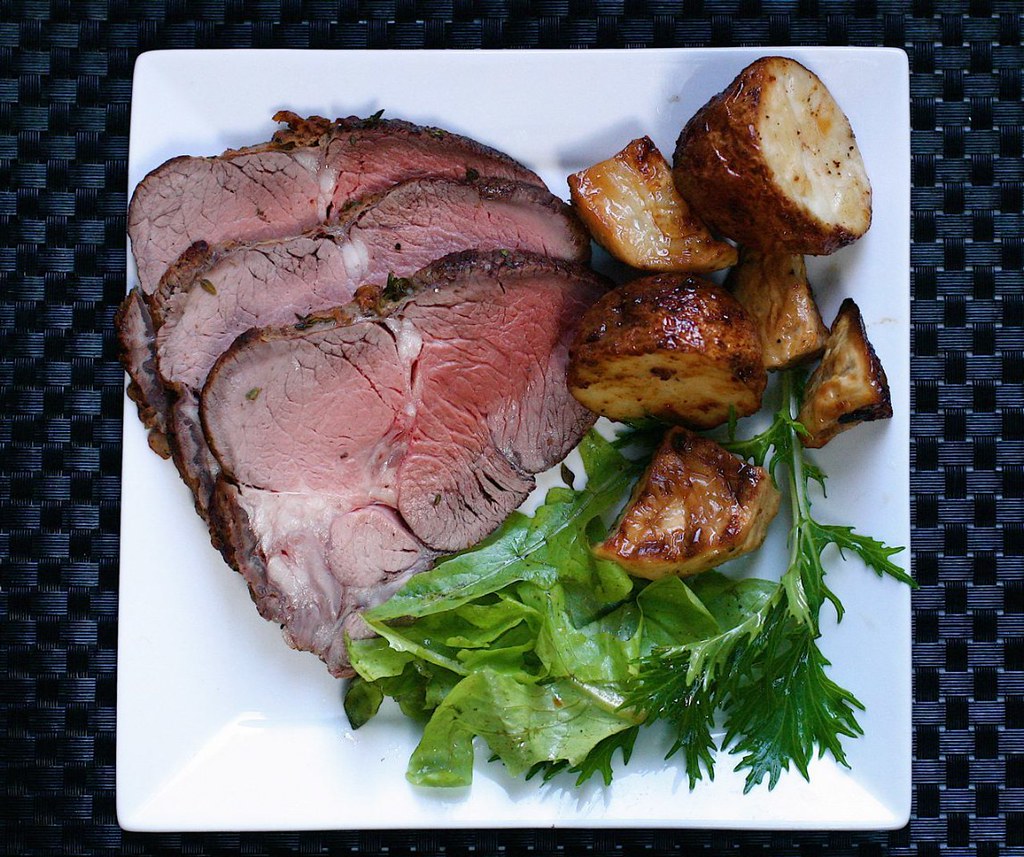There’s something undeniably special about sitting down with your loved ones and delving into a meal that’s not just food, but a slice of cultural heritage. This past weekend, my family and I did just that by indulging in a delightful combination of pastrami and roast beef on rye. The experience was more than just eating; it was about connecting with each other and with the rich flavors and traditions that these dishes represent.
Pastrami, with its smoky, strong, spicy flavors, is a marvel of culinary craftsmanship. Originating from beef brisket, this delicacy adds depth to any sandwich with its robust taste and unique texture. The contrast it creates with softer sandwich ingredients isn’t just a feat of flavor balance; it’s a testament to the cultural heritage and authenticity that pastrami sandwiches bring to the table. But as we savored each bite, a question lingered – is pastrami healthy?
The health aspects of pastrami are indeed interesting. Its protein content, along with moderate amounts of fat, minerals, and vitamins, suggest a positive nutritional profile. However, the presence of additives like sodium and nitrate calls for moderation. Understanding the nutritional composition of pastrami is key to enjoying it in a way that benefits our health.
Protein is a powerhouse of nutrition, aiding in tissue repair, enzyme production, and immune function among other benefits. The rich protein content in pastrami supports these vital bodily functions, making it beneficial, especially for those engaged in regular physical activities. However, the story of pastrami’s nutritional value doesn’t end with protein.
Pastrami also contains both saturated and unsaturated fats. While unsaturated fats are heart-healthy, excessive consumption of saturated fat can lead to cardiovascular issues. This duality in fat content mirrors the duality in pastrami’s overall health impact – beneficial in moderation, but potentially harmful in excess.
The potential additives in pastrami, such as sodium, also play a significant role in its health implications. Sodium not only enhances flavor and preserves the meat but also inhibits bacterial growth, extending pastrami’s shelf life. However, high amounts of sodium can raise blood pressure and contribute to cardiovascular disease and stroke. The same goes for nitrates and nitrites, used for curing pastrami, which, in excess, may pose health risks.

Given pastrami’s calorie density, due to its protein and fat content, portion control becomes crucial. Excessive consumption could lead to weight gain and a host of related health issues. But when eaten in moderation, pastrami can be part of a balanced and nutritious diet.
As we gathered around the table, enjoying our pastrami and roast beef sandwiches, these health considerations were more than just academic. They were practical considerations on how to continue enjoying our favorite foods in a healthy, balanced way. This meal wasn’t just about indulging in delicious food; it was about understanding and appreciating the complexities of what we eat and how it affects us. It was a reminder that food is not just sustenance, but a connection to our health, our culture, and to each other.
Nutrition Meets Tradition: Making Healthier Choices with Pastrami and Roast Beef
Pastrami and roast beef on rye – a combination that not only dances on the taste buds but also carries with it a hefty slice of tradition and heritage. Yet, in our journey towards healthier eating habits, it’s critical to navigate the waters of these deliciously rich foods with a touch of nutritional wisdom. Let’s dive into how we can maintain the essence of these beloved sandwiches while tweaking them for a health-conscious lifestyle.
Understanding the nutritional landscape of pastrami and roast beef is paramount. While they both offer generous doses of protein which is essential for muscle repair, enzyme production, and immune function, they also come with their share of saturated fats and potential additives like sodium, nitrates, and nitrites. These elements, particularly when consumed in excess, can lead to health concerns such as elevated blood pressure and increased risk of cardiovascular diseases.
However, all is not lost for lovers of these meaty delights. Modifying the preparation and consumption methods can significantly reduce health risks while allowing you to indulge in your favorites. Opting for leaner cuts of meat, like sirloin or round for roast beef, and choosing low-sodium and nitrate-free options for pastrami can make a substantial difference. Furthermore, trimming visible fats and employing cooking methods such as baking, steaming, or grilling instead of frying can help lower the fat content of your meals.

Portion control is another crucial aspect of healthier eating. It’s easy to get carried away with the size and number of sandwiches we consume, especially when they’re as tasty as pastrami and roast beef on rye. Being mindful of serving sizes helps in managing calorie intake and avoiding the health pitfalls of overeating.
Another strategy for enhancing the nutritional profile of your pastrami and roast beef sandwiches is to incorporate more nutrient-rich ingredients. Think whole grains, like choosing rye bread that’s high in fiber, and fresh vegetables to add vitamins, minerals, and antioxidants to your meal. These additions not only increase the health benefits but also add new textures and flavors, making your sandwich more enjoyable.
For those with dietary restrictions or specific health goals, fear not. There are several viable alternatives that don’t compromise on flavor. Turkey and chicken pastrami serve as excellent lean protein options. Additionally, experimenting with different herbs and spices can elevate the taste of your sandwich without the need for excess salt or unhealthy additives.
The key to enjoying pastrami and roast beef on rye in a healthier way lies in mindful modifications. By choosing better ingredients, controlling portions, and adopting healthier cooking and assembling methods, we can preserve the essence of these traditional dishes while aligning them with our nutritional needs. So, the next time you’re assembling that scrumptious sandwich, remember, a few thoughtful choices can turn a guilty pleasure into a healthful delight.
Related posts:
Is Pastrami Healthy?—Decoding its Health Benefits & Nutrition
Pastrami on Rye
Smoked Roast Beef Lunch Meat Sammies (On Rye Bread)





